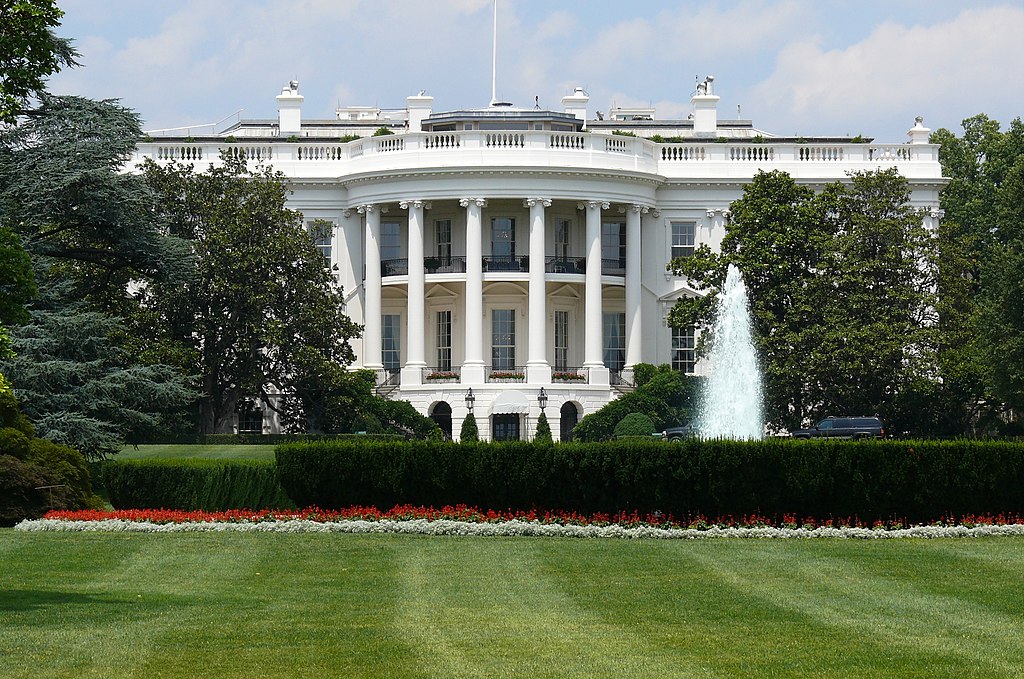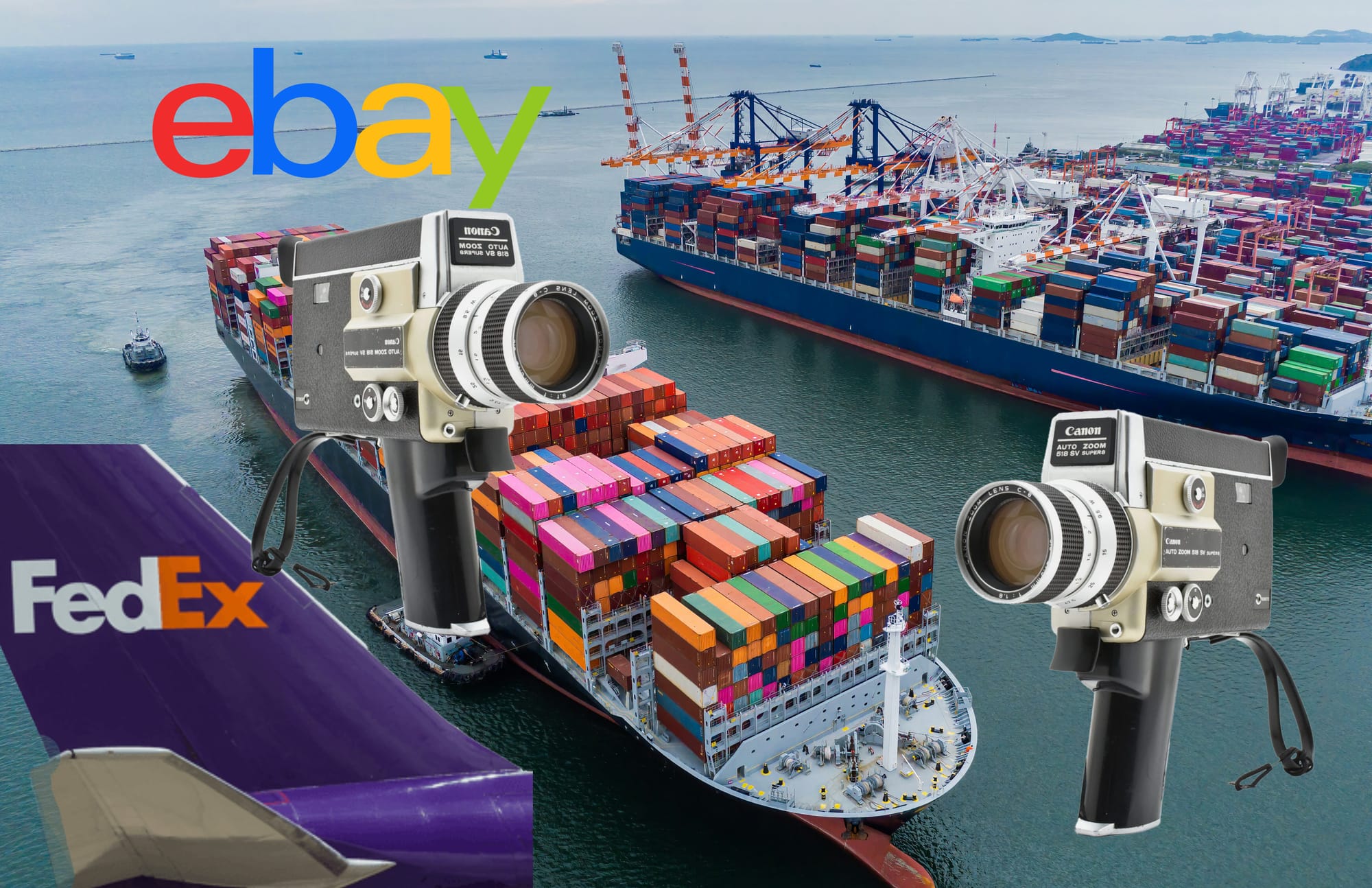US pressures Europe to sanction India while importing Russian uranium and palladium

The White House has urged European countries to follow the US and impose restrictive measures on India for its purchases of Russian oil, which fund the war in Ukraine, India Today reports.
US tariffs on Indian goods
In August 2025, the US raised tariffs on goods from India up to 50%, criticizing New Delhi for supporting Russia’s economic machinery. At the same time, Washington has not imposed sanctions on China, the main sponsor of the war and Moscow’s key economic partner.
A Russian drone caught filming its own camera test in a Chinese factory before being shot down in Ukraine
Europe continues to buy Russian energy
India has criticized the US decision, pointing out double standards: Europe itself continues to purchase oil from Russia. EU–Russia trade in 2024 reached €67.5 billion in goods and €17.2 billion in services. Europe also imported a record 16.5 million tons of Russian LNG, the highest number since 2022.
Sanctions do not cover key Russian exports
Many critical Russian exports remain unrestricted, including palladium for the US automotive industry, uranium for nuclear power plants, fertilizers, chemicals, metals, and equipment.
Sources report that Trump also pressured India to nominate him for the Nobel Peace Prize. After being rejected, he responded with tariffs. This has prompted India to strengthen its ties with China and reinforced so-called anti-American cooperation among the so-called “axis of upheaval” countries.
Today, the US administration seeks to have Europe join in sanction pressure on New Delhi if India does not stop buying Russian oil.
Read also
-
Putin choses visit to main Ukraine’s war sponsor instead of meeting with Zelenskyy, despite Trump’s deadline
-
Ukraine investigates Russian link to assassination of politician who opposed Kremlin for 30 years
-
India helps Russia to increase Ukrainian civilian death rate with octogen explosives exports worth $1,5 million
-
Russia’s warm conversations with US are ploy to dodge sanctions, not end the war, says Zelenskyy




